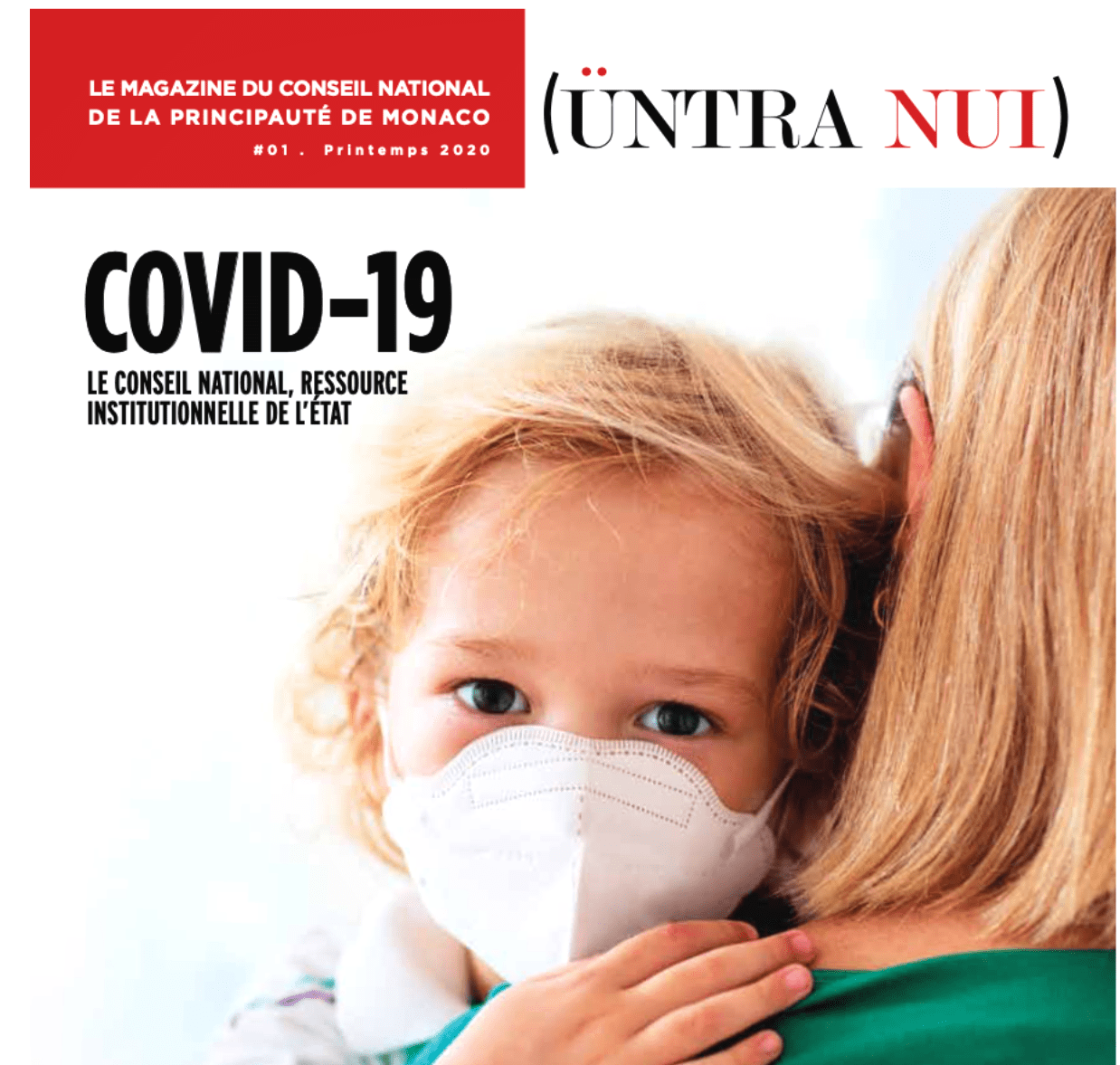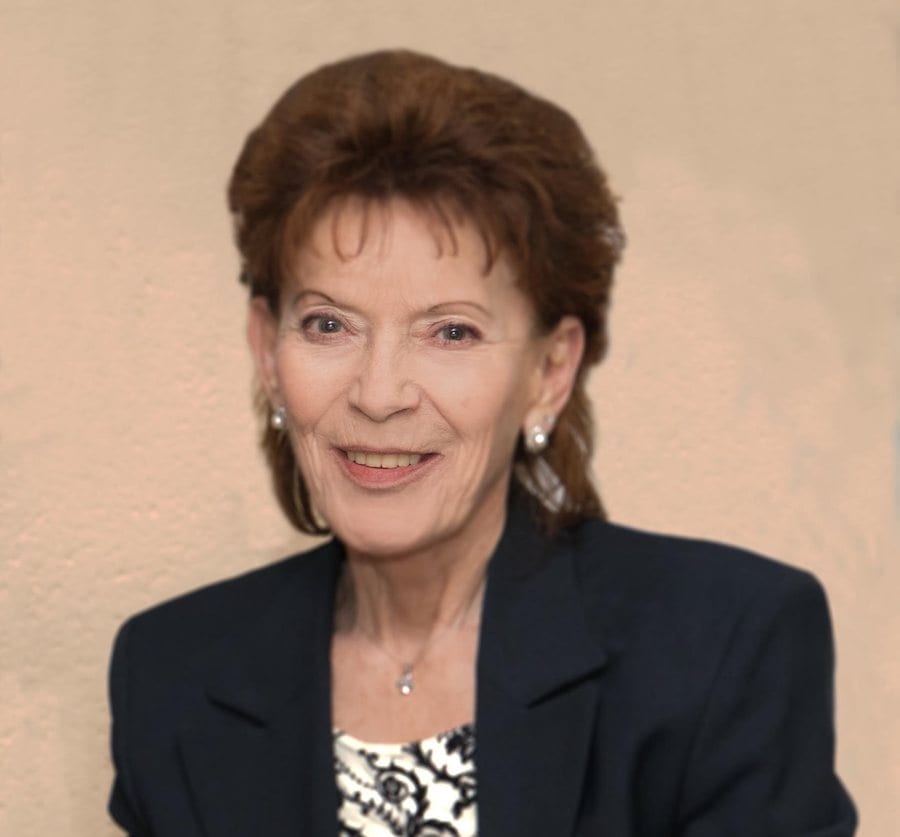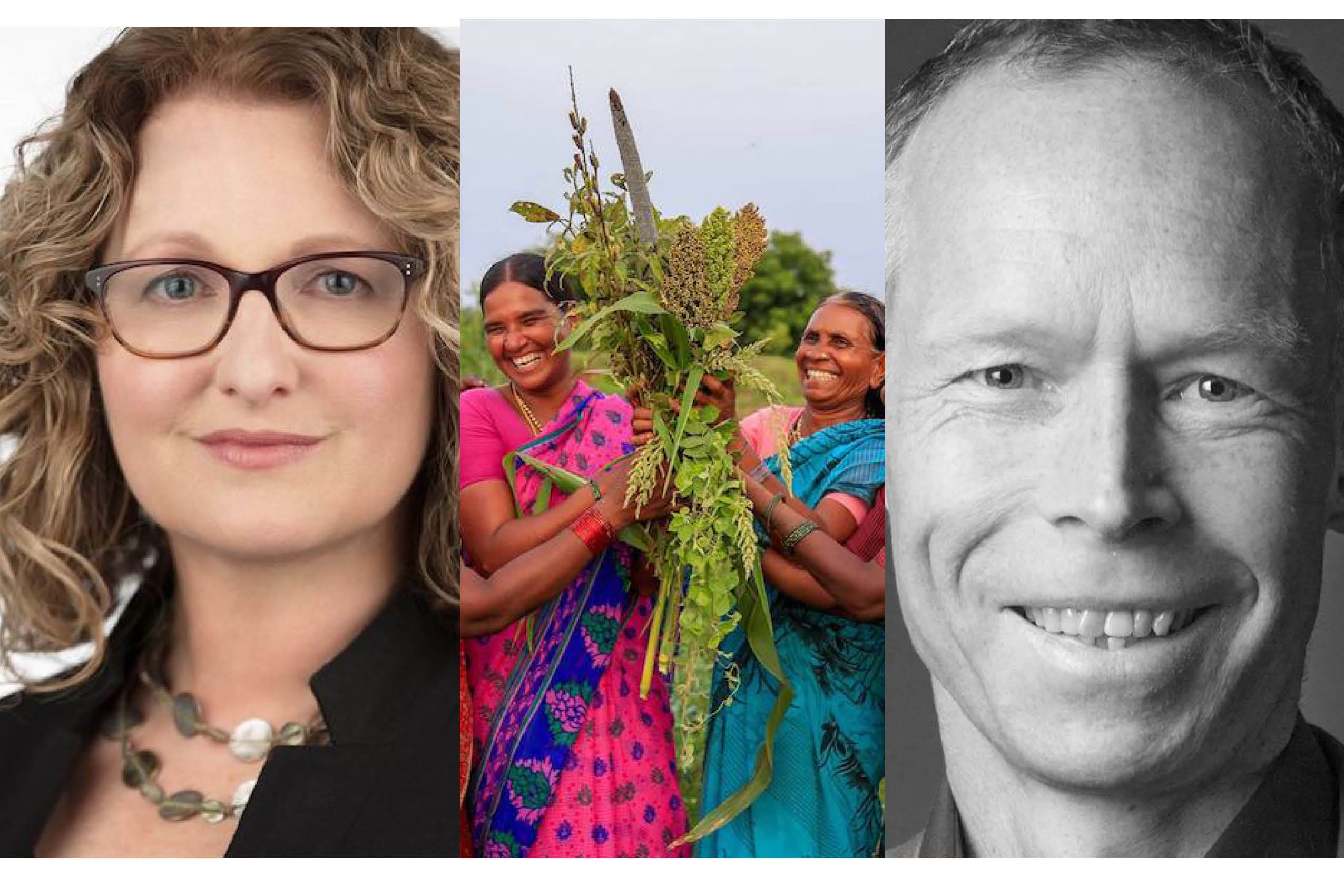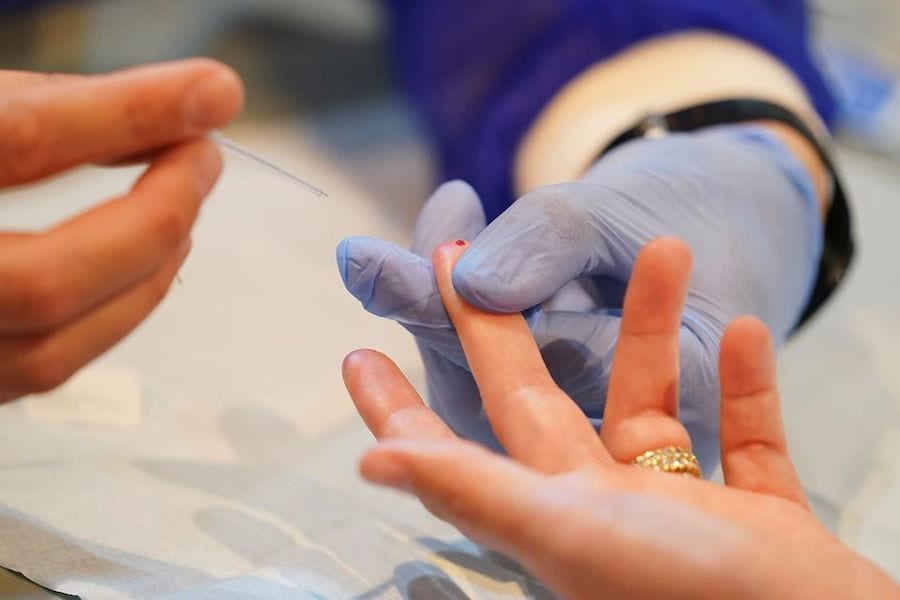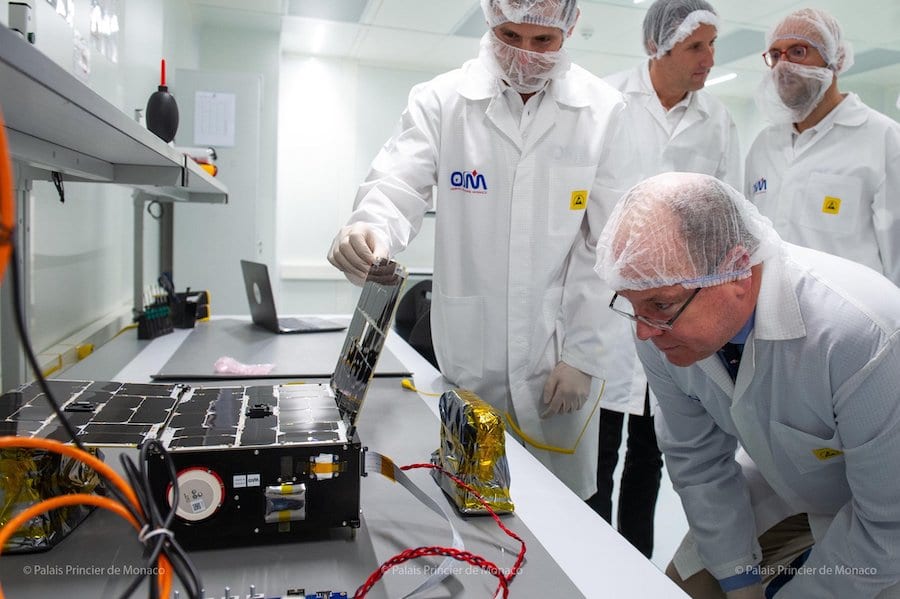A Sri Lankan company dedicated to water security, a professor in Earth System Science, and a team of women in South India restoring traditional agriculture are all winners of this year’s Prince Albert II of Monaco Foundation Awards, presented on Thursday by Vice President Olivier Wenden. Here is everything you need to know about the winners.
The annual Prince Albert II of Monaco Foundation Awards were established in 2008 – two years after His Serene Highness set up his Foundation dedicated to three domains of action: climate change, biodiversity, and water resources. The awards pay tribute to the leading individuals and organisations who are committed to these three areas.
But this, a year of unprecedented crisis, was different. According to the foundation’s Vice President and CEO Olivier Wenden, “never has it seemed so important to honour the prominent scientists, intellectual figures and international organisations for their remarkable commitment to the protection of the environment.”
“His Serene Highness has always placed his trust in science and supported research in order to provide relevant and effective responses to the environmental challenges we face,” Mr Wenden said during the virtual awards ceremony, of which Monaco Life was digitally present. “The Covid crisis convinced us that it was crucial to push ahead with this year’s awards, because it was particularly vital at a time when budgets are likely to be restricted, when science and research are normally among the first budgets to be cut. So, we thought it was our duty to continue to support these great activities on the ground.”
The winners were decided by the Foundation’s Scientific and Technical Committee as well as the board of directors, which includes Prince Albert II of Monaco.
Water Award
The 2020 Water Award went to the International Water Management Institute, a company based in Colombo, Sri Lanka, which has been developing science-based solutions for some of the world’s poorest people for over 35 years.
In receiving the award on behalf of the institute, IWMI Director General Dr. Claudia Sadoff said: “Water is central to the climate challenge because water is how most people will experience climate change – through, for example, unpredictable rainfall, floods and drought which can be major disruptors to our food systems and drinking water supplies, threatening human lives and livelihoods.”
Dr. Claudia Sadoff revealed that in the past 60 years, the global demand for water has grown four-fold. Meanwhile, there has been a major spike in water pollution – today 80% of the world’s wastewater flows back into our rivers, lakes and oceans without being treated. “Clearly this is unsustainable,” said Dr. Sadoff. “We need to change the way we safeguard and manage water resources to create a more water secure world.”
In accepting the award, Dr. Sadoff said: “We are especially proud to receive this honour from such a visionary patron and distinguished foundation. By conferring this prestigious Water Award, the foundation raises awareness and ensures water is more fully imbedded in global dialogue on climate and conservation. It also inspires us and redoubles our commitment to delivering water solutions for sustainable development.”
The World Economic Forum 2020 Global Risks Report, published in January, ranked risks from water crises higher than either infectious diseases or food crises. In 2020, there will likely be places where we see all three at once. When asked by Monaco Life whether governments are prepared for this, Dr. Sadoff responded:
“This is a very important question because one of the most troubling aspects of large-scale crises like pandemics is co-disasters – just as we are stretched and focused on answering one crisis, another comes in to compound it. What is interesting is that water really runs through these top risks that were identified by the World Economic Forum. In terms of the infectious disease crisis, we know that the first line of defence is hand washing, clean water and sanitation, and we know from the Sustainable Development Goals that we’re not there yet.
When we look at the issue of potential food crises, we know we have a very fragile food system in some places and if we have major floods or droughts disrupting the food cycle, or shifts in timings of rain, then we can end up with food crises.
We are not prepared for these kinds of crises that we have been warned about from the World Economic Forum, and again this comes back to how grateful we are to the foundation for supporting this work, for providing visibility and advocating all the additional research and science we need to prepare ourselves for these eventualities.”
Biodiversity Award
The Biodiversity Award was received by the Deccan Development Society (DDS) – a 35-year-old grassroots organisation working with women’s associations in around 75 villages in the Sangareddy District of Telangana, South India. The 5,000 female members of the society represent the poorest in their village communities. Most of them are dalits, the lowest group in the Indian social hierarchy.
One of the society’s founding members, P.V. Satheesh, accepted the award along with three members of the society. Their story is remarkable and inspiring.
“These women inherited a land which was baron, unattended and which nobody cared for,” Mr Satheesh said. “Over the past 25 years these women, through their hard work, ecological vision, determination, and relationship with nature, have converted those lands to some of the most fascinating food production centres in this part of the world.”
According to the society, these women have proven that, even in the most degraded land areas of the world, people do not have to seek out Genetically Modified crops or multinationals to feed themselves.
Their appreciation in receiving the award from the foundation was evident.
“It is important to them that you, the foundation, have travelled all the way out of your globalised base to find them in the dusty tracks of the South Indian streets and honour them today with your award,” said Mr Satheesh. “This award is truly a pat on the back which will resonate in communities around them and help them seek out the nature-based local solutions to solve their food problems and also the problems of the climate.”
Asked by Monaco Life how these agricultural initiatives have helped to reposition the role of women in their societies, Mr Satheesh responded:
“By moving them into a theoretical and political position, where women are the leaders in agriculture, we have put them back where they were about 50 years ago in India before what we call the ‘Green Revolution’ came into agriculture (Editor’s note: this refers to a period when Indian agriculture was converted to an industrial system due to the adoption of modern methods and technology).
“Before then, women understood which seeds were needed, they decided what could be sowed in their fields, and therefore they were the knowledge leaders of their community. But with the ‘Green Revolution’, women were pushed back and the industry was snatched away from them.
“Today, the communities which these women represent are the ones who have taken back that leadership and are telling their local communities – their men and their societies – that in the hands of women their culture is not only safe, but also flourishing. Unfortunately, our governments don’t look at this that way, so they need to open their eyes and support these women who are leading agriculture.”
Climate Change Award
The recipient of the Foundation’s Climate Change Award was Professor Johan Rockström – a man wearing many hats. He is a Professor in Earth System Science at the University of Potsdam and Director of the Potsdam Institute for Climate Impact Research, which generates insights for scenarios analysis, modelling, computer simulation, and data integration.
He is also a consultant for several governments and global institutions including the World Economic Forum and the United Nations.
In 2019, Professor Rockström was appointed as chair of the Earth Commission, an initiative of 20 globally renowned scientists on Earth Systems who aim to identify the concrete risks climate change brings and determine the exact scientific borders that our Planet can bear in terms of human-made climatic changes.
“The ‘Super Year of 2020’ has been shattered by the corona-crisis and as we all know this is the year when we expected new momentum on action – five years into the Paris Agreement and five years into the Sustainable Development Goals. This is also the year when we enter potentially the most decisive decade for humanity on earth. It is the decade when, as shown by climate scientists, global emissions need to be cut by half to stand a chance of holding global warming to the planetary boundary of 1.5°C.”
Covid-19 put a pause button on the ‘super year’, said Professor Rockström, but it did not put a pause on the resolve and momentum towards zero carbon development.
“It is a super compensation, this super year that never saw the light of day, to have the great honour of receiving the prestigious Prince Albert II of Monaco Foundation Award. I personally thank you from everyone at the institute who takes this as fuel – and I mean sustainable fuel of course – to propel further scientific achievements. And they are needed.”
Top photo: Dr. Claudia Sadoff, women from the Deccan Development Society (DDS), and Professor Johan Rockström
